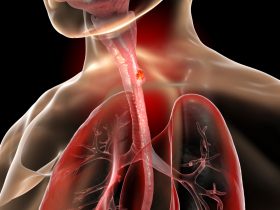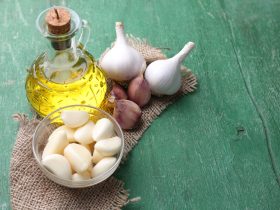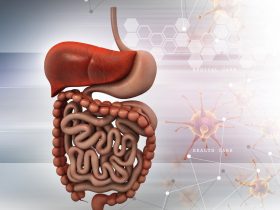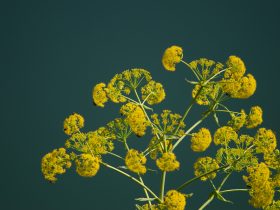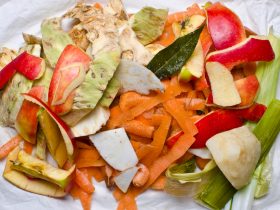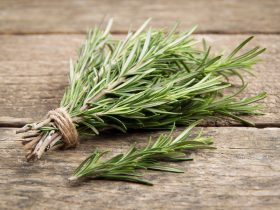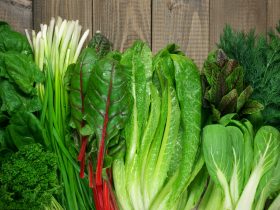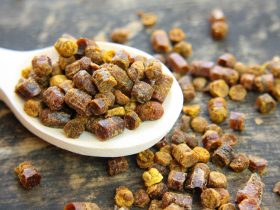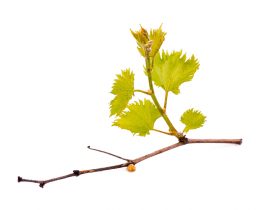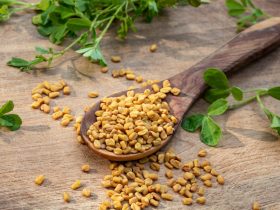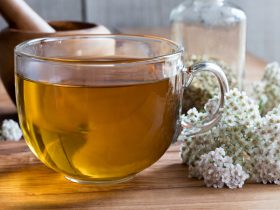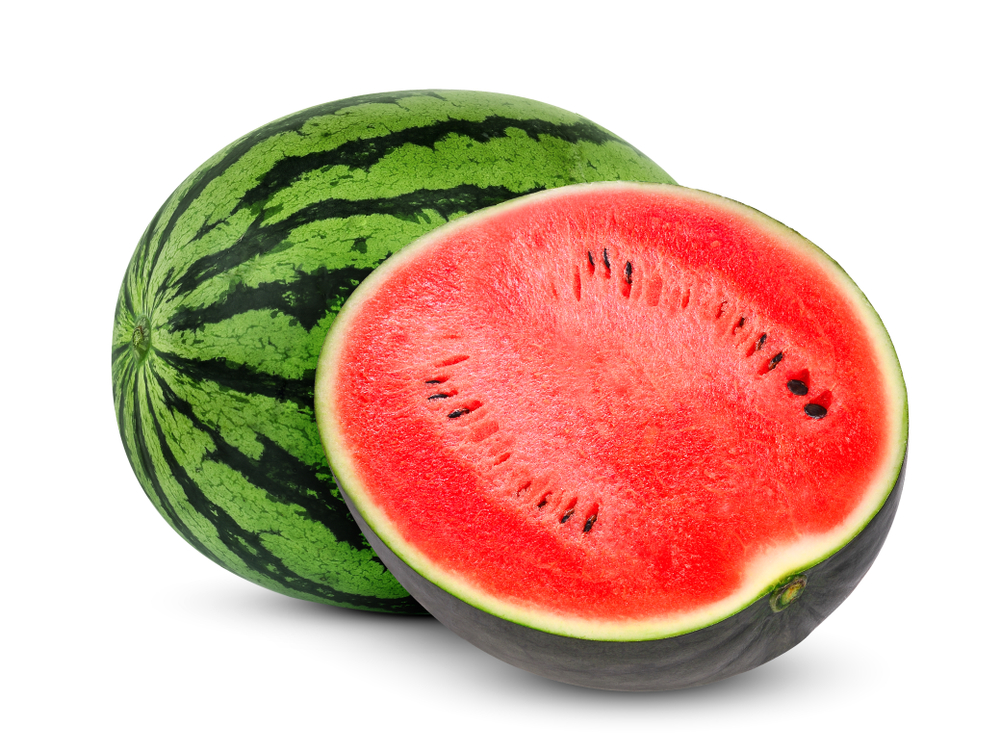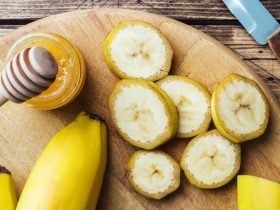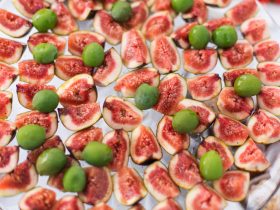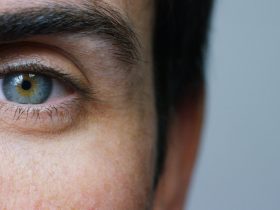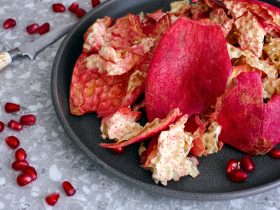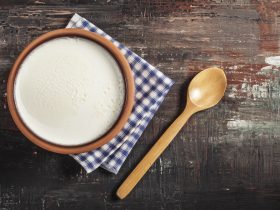Indeed, today we have come to a time when we are thinking about whether or not to eat the blessings we have. I see dozens of people who have refused to eat watermelon. Some people think that more fertilizers have been applied, while others say that they have been genetically modified, that they are useless, and that they stay away from blessings like watermelons. There is a big difference between today’s watermelon and watermelon 100 years ago. At that time, there were no artificial fertilizers or genetic modification, but this does not give us a reason not to eat watermelon. Today I will share with you how to eat watermelon without harm. Remember that there were very few local watermelon varieties left. If you remember, the seeds of local watermelons were big and many. If large veins are clearly visible when you cut a watermelon, do not eat such a watermelon since it is over-fertilized. Try not to buy too big watermelons; eating too much of watermelon at once can be a problem, it is better to eat less and more often. Don’t forget that lycopene, one of the most useful anti-cancer substances, is twice as high in watermelon as in tomatoes.
Watermelon is an excellent cleanser; it mainly cleanses the kidneys, kidney stones, liver and intestinal piles. Watermelon eaters have radiant skin because it is rich in vitamin A, which is very good for the eyes, and because it is rich in calcium and potassium, watermelon eaters strengthen their bones. Watermelon contains another valuable substance called citrulline, which dissolves citrulline fats, lowers elevated cholesterol and is an excellent food for those who want to lose weight. Watermelon contains vitamin C, which our body needs the most, but it is also an excellent booster of immunity, an invaluable blessing for those who have muscle fatigue and muscle cramps. Those who eat a lot of watermelon, their hair will be thick and lively. Eat watermelon with its seeds, the seeds are rich in magnesium, which is perfect for nervous and muscle weakness. Diabetics should not eat watermelon or eat very little because it is rich in carbohydrates. Eating too much watermelon at a time causes flatulence and can cause kidney problems. Eat watermelon in July and August because during these months the body needs more of it, and watermelons, which grow in these two months, are richer in all the useful minerals and vitamins. In short, do not spend the summer without watermelons.
Another valuable ingredient in watermelon is its peel, so those with kidney stones should cut and dry the white layer inside the peel, then grind it in a coffee grinder, put it in a tightly closed container and drink a teaspoon 3 times a day an hour before meals.

